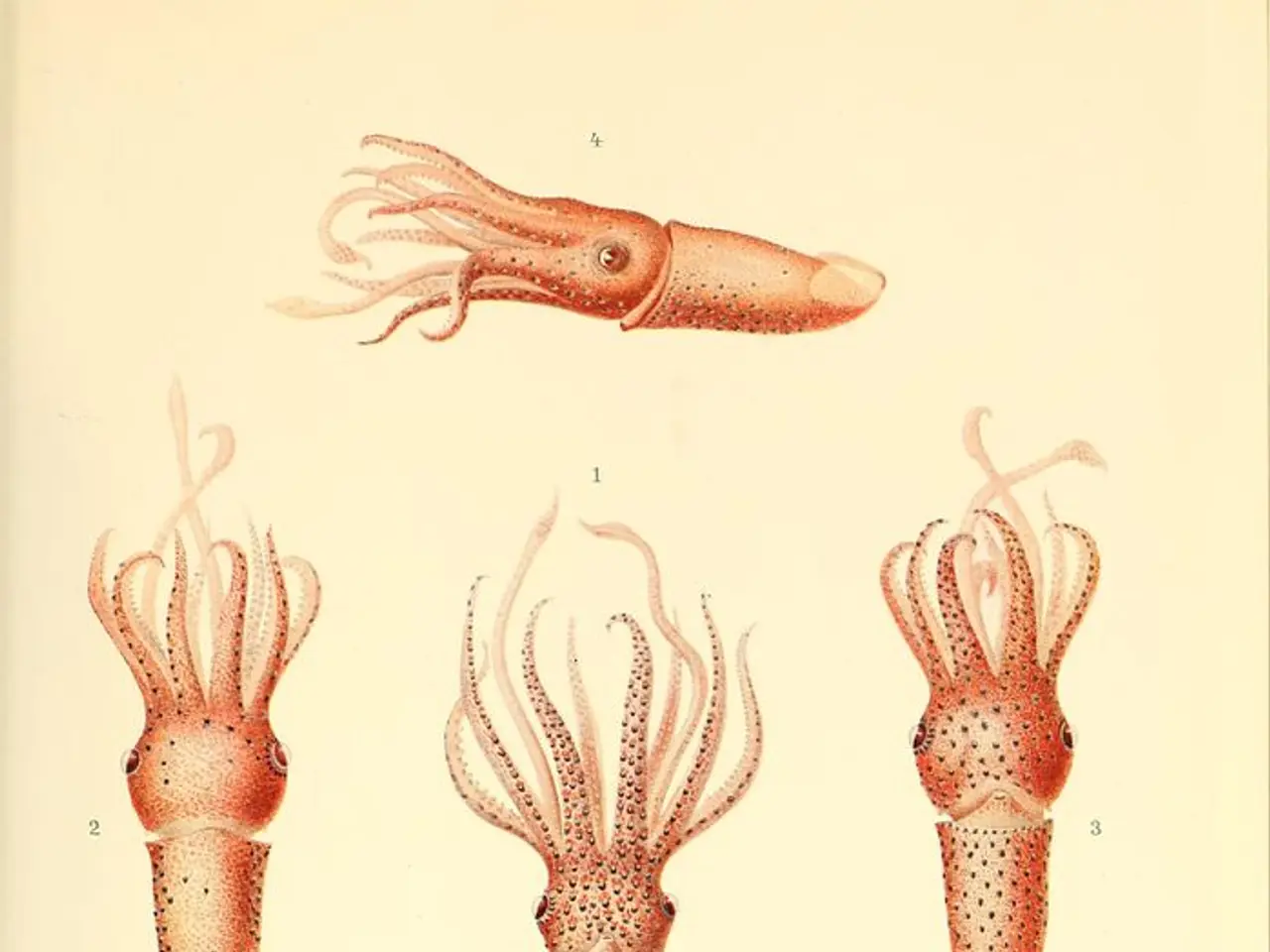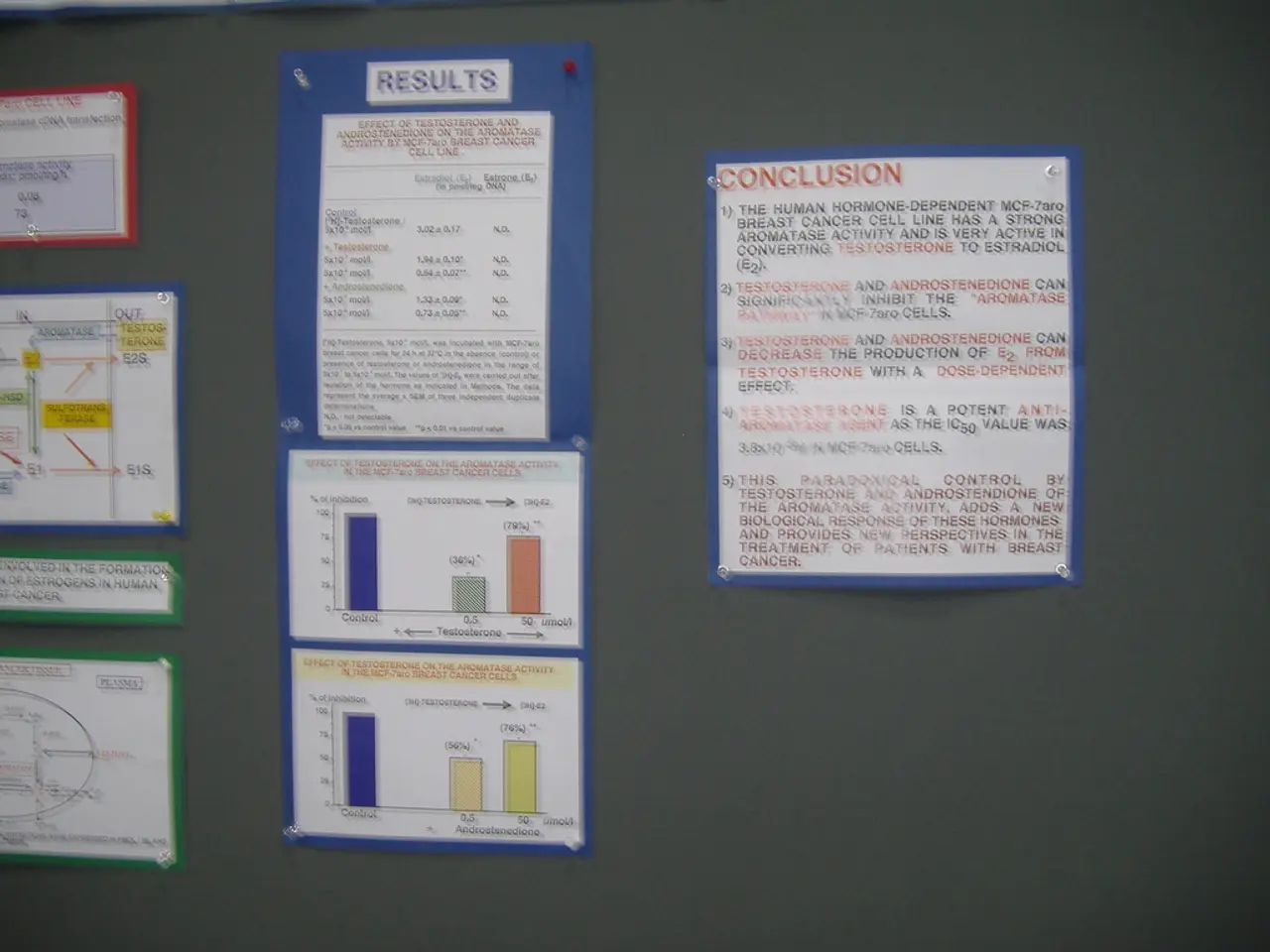The count of Ukrainian staff members at MV has experienced an upward trend - Growth in Ukrainian Workforce on MV Observed
Ukrainian refugees have made a substantial impact on Germany's labor market, particularly in the region of Mecklenburg-Vorpommern. As of January 2025, over 20,000 Ukrainians were employed under social security in this region, according to the latest available data.
Demographic Trends
The influx of Ukrainian refugees has helped to slow the decline of young population segments in regions like Mecklenburg-Vorpommern, where the share of young people is below the national and EU averages. The employment rate of Ukrainians in Mecklenburg-Vorpommern has risen significantly, from 19.4% in January 2024 to 25.9% in January 2025. As of July 2024, around 63% of the Ukrainian refugees in Mecklenburg-Vorpombern were women and girls.
Industries Benefiting from Ukrainian Employment
While explicit industry-specific data for Mecklenburg-Vorpommern is limited, the influx of Ukrainian workers is linked to sectors experiencing labor shortages, such as childcare, agriculture, construction, and healthcare. Given Mecklenburg-Vorpommern's economic profile, key industries likely benefiting from Ukrainian employment include tourism, agriculture, and manufacturing.
Government Support and Integration Policies
The German Federal Employment Agency and Mecklenburg-Vorpommern’s Land Labour Court are actively involved in integrating Ukrainian workers into the labor market. The Federal Employment Agency has been reducing bureaucracy and facilitating access to employment services through digital means like newly introduced apps. The Land Labour Court is engaged with labor market integration issues, indicating a commitment to addressing the needs of Ukrainian refugees.
Debate over Benefits for Ukrainian Refugees
The topic of Ukrainian refugees receiving benefits is currently being debated nationwide. Bavarian Minister-President Markus Söder suggested that Ukrainians living in Germany should no longer receive benefits, a proposal that has been met with criticism. The coalition agreement between the Union and the SPD states that only newly arriving Ukrainians would no longer receive benefits.
Impact on the Local Economy
Markus Biercher, head of the North Regional Agency, stated that the job boost provided by Ukrainian refugees is effective and is making an important contribution to securing jobs and skilled workers in Mecklenburg-Vorpommern. The employment of Ukrainian refugees has contributed to filling labor shortages in various sectors, thereby mitigating demographic challenges in the region and former East German states.
As of July 2024, there were 27,439 Ukrainian refugees in Mecklenburg-Vorpommern, with around 60% being women and girls. In 2024, around 6.3 billion euros were paid out to Ukrainian refugees, including several hundred thousand women, men, and their children, according to the Federal Ministry of the Interior. The majority of Ukrainians employed under social security in Mecklenburg-Vorpommern are in the food and hospitality industry, social and health services, transport and logistics, and cleaning services. On July 28, 2024, the total number of Ukrainian refugees in Mecklenburg-Vorpommern decreased to 25,592, a decrease of around 7%.
Conclusion
The employment growth of Ukrainian refugees in Mecklenburg-Vorpommern reflects a significant trend of migration-driven labor market support, especially for regions facing demographic and economic challenges. The German government and regional authorities are responding with administrative support and inclusion policies to harness the contribution of Ukrainian workers. However, detailed regional breakdowns by industry remain limited in available public data.
In response to the substantial impact of Ukrainian refugees on Germany's labor market, particularly in Mecklenburg-Vorpommern, policy-and-legislation regarding benefits for these refugees is currently being debated at a national level. The integration of Ukrainian workers into the labor market is facilitated by the German Federal Employment Agency and Mecklenburg-Vorpommern’s Land Labour Court, with a focus on the food and hospitality industry, social and health services, transport and logistics, and cleaning services. Further, the emigration of Ukrainians has contributed to slowing the decline of young population segments and filling labor shortages, especially in sectors like childcare, agriculture, construction, healthcare, and tourism.







